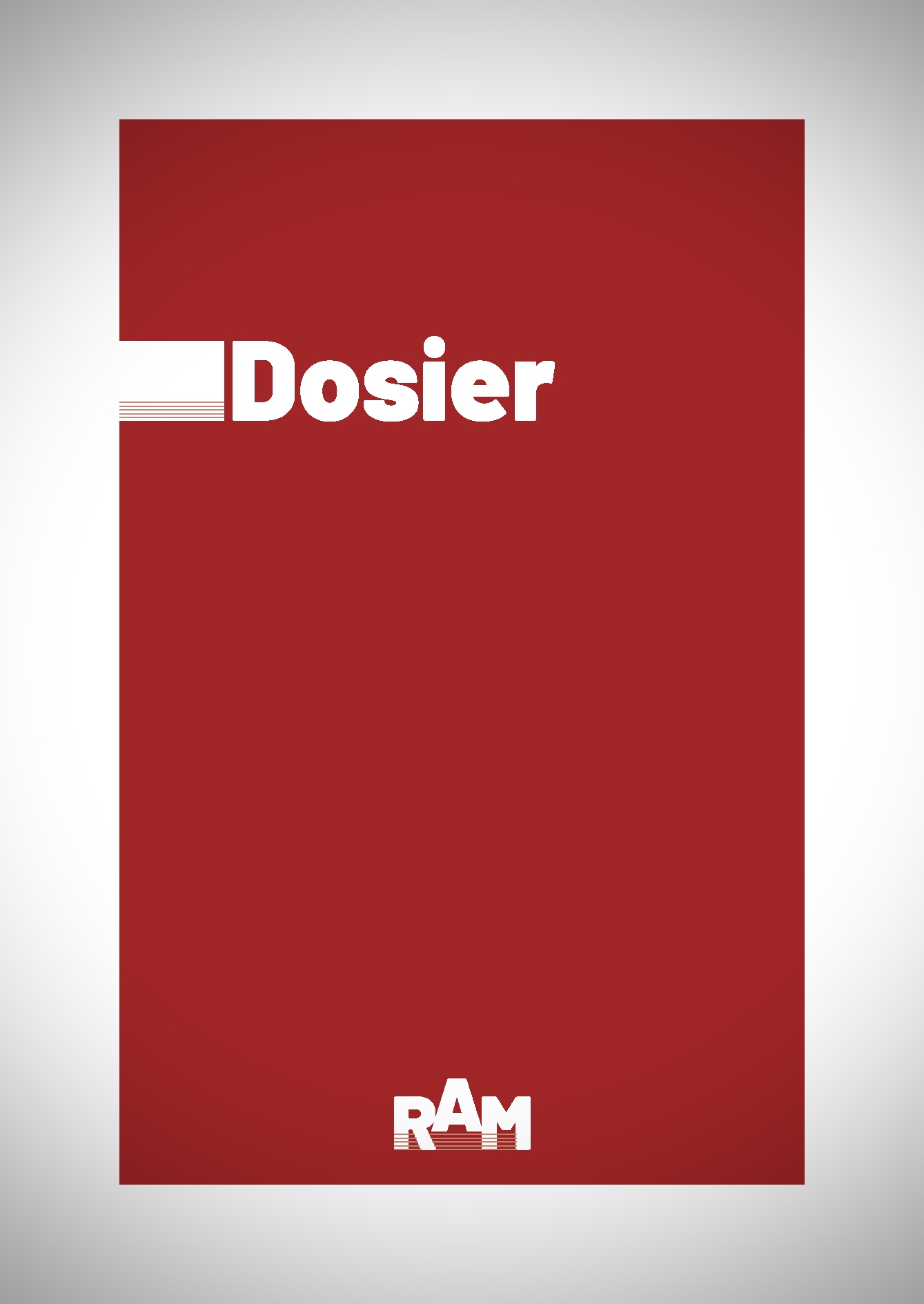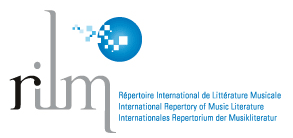Otras historias. Nuevos enfoques históricos en etnomusicología
Resumen
Hacia finales de los años setenta Zofia Lissa escribió que la musicología histórica dejaba a la etnomusicología el estudio de las culturas vivas del mundo. Sostenía la musicóloga polaca que el precio que se pagaba por ello era la aceptación de una mirada ahistórica, limitada a exponer el estado actual de la cultura estudiada sin adentrarse en sus procesos de desarrollo. Si bien la crítica parece justificada a primera vista, un análisis más profundo deja entrever que la preocupación histórica por parte de quienes ejercían la etnomusicología no era menor que la de colegas en el campo de la historia de la música. Tanto temas como el origen de la música como las rutas migratorias de técnicas e instrumentos musicales —tan centrales en la musicología comparada temprana— se fundaban en inquietudes de carácter histórico e, incluso en los setenta, un prestigioso etnomusicólogo como Klaus Wachsmann había dejado sentado que el presente que la etnomusicóloga o el etnomusicólogo encontraban en el trabajo de campo abarcaba partes del pasado por contener los recuerdos personales de los informantes, la memoria colectiva del grupo y restos materiales como instrumentos, grabaciones, parafernalia musical o fuentes escritas. Fue solo a raíz del llamado giro histórico en la etnomusicología anglosajona que, en América Latina, empezamos a reflexionar sistemáticamente sobre cómo se había escrito y sobre cómo estábamos escribiendo o reescribiendo la historia. Tomar conciencia de la confluencia de estas dos tradiciones fue lo que me llevó a idear el dosier sobre etnomusicología e historia que ahora presento.
Descargas

Publicado
Número
Sección
Licencia
Derechos de autor 2023 Julio Mendívil

Esta obra está bajo una licencia internacional Creative Commons Atribución-NoComercial 4.0.
Atribución/Reconocimiento-NoComercial 4.0 Internacional
https://creativecommons.org/licenses/by-nc/4.0/
Usted es libre de:
- Compartir — copiar y redistribuir el material en cualquier medio o formato.
- Adaptar — remezclar, transformar y construir a partir del material.
- La licenciante no puede revocar estas libertades en tanto usted siga los términos de la licencia
Bajo los siguientes términos:
- Atribución — Usted debe dar crédito de manera adecuada, brindar un enlace a la licencia, e indicar si se han realizado cambios. Puede hacerlo en cualquier forma razonable, pero no de forma tal que sugiera que usted o su uso tienen el apoyo de la licenciante.
- No Comercial — Usted no puede hacer uso del material con propósitos comerciales.
- No hay restricciones adicionales — No puede aplicar términos legales ni medidas tecnológicas que restrinjan legalmente a otras a hacer cualquier uso permitido por la licencia.
Avisos:
No tiene que cumplir con la licencia para elementos del material en el dominio público o cuando su uso esté permitido por una excepción o limitación aplicable.
No se dan garantías. La licencia podría no darle todos los permisos que necesita para el uso que tenga previsto. Por ejemplo, otros derechos como publicidad, privacidad, o derechos morales pueden limitar la forma en que utilice el material.





